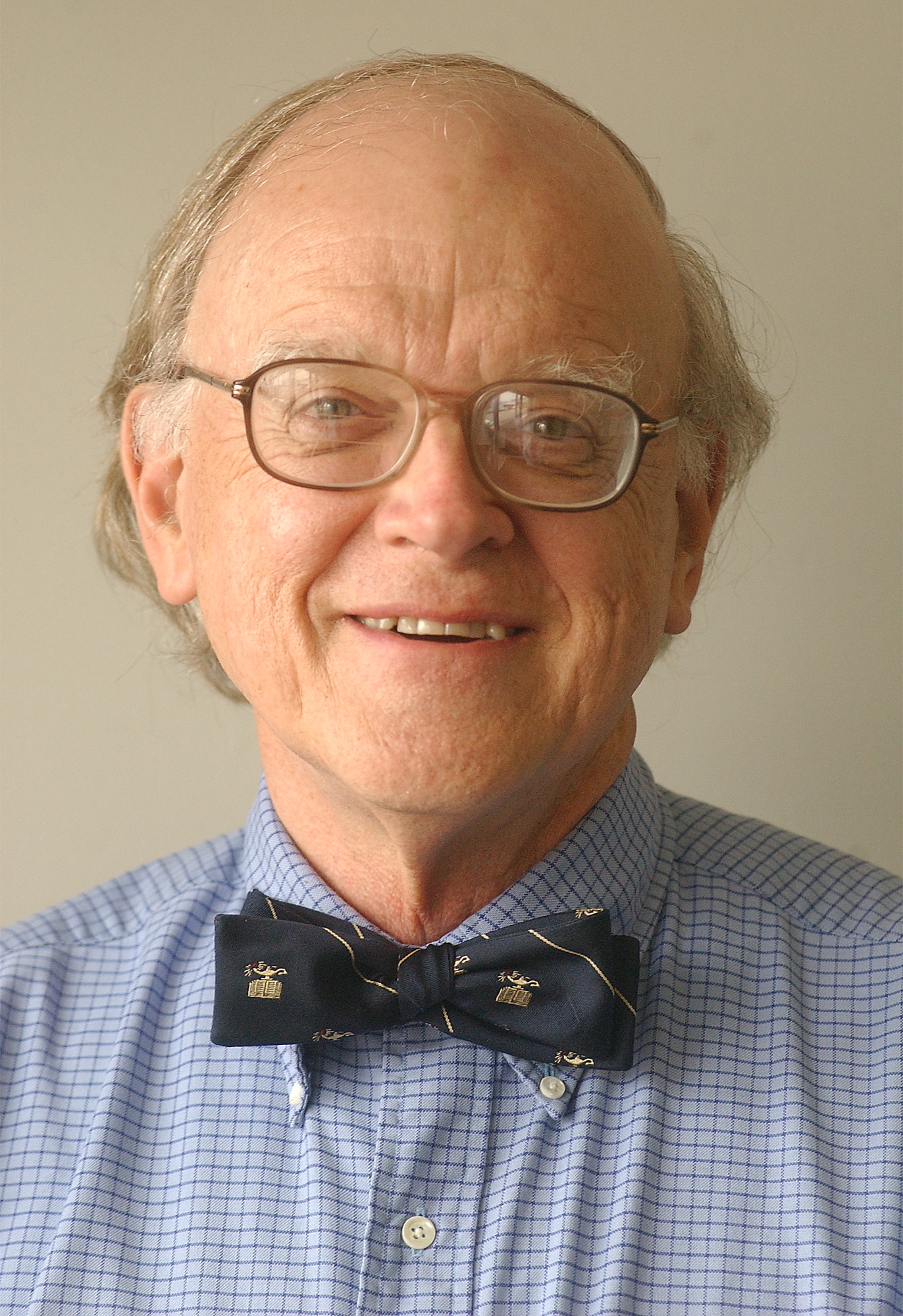Cleaveland: Prescription drugs can break bank
Friday, January 1, 1904
When drug maker Novartis released its unique drug, Gleevec, in 2001, therapy cost each American patient $30,000 per year.
Twelve years later, the cost has risen to $92,000 per year.
Other companies have recently released medications at similar or higher prices. Competition seems to have negligible effect upon the price of many medications.
Gleevec provided the first effective therapy for an uncommon malignancy, a type of chronic myeloid leukemia (CML). Earlier treatment protocols were associated with an average three- to five-year survival rate. Twenty percent of patients might survive for 20 years.
Gleevec converted CMS to a chronic illness that could be controlled with a daily, oral medication. Up to 80 percent of patients will survive 10 years or longer, if they can afford therapy.
CML is characterized by the uncontrolled
multiplication of abnormal granulocytes, white cells that fight acute infection. The overgrowth of these cells crowds other normal cells out of bone marrow. Blood may become dangerously thickened in CML. Untreated, the disease may evolve into very aggressive acute myeloid leukemia.
The disease is due to an abnormal gene that directs the formation of the invasive cells. Gleevec targets a unique enzyme found only in CML cells, blocking their development while sparing normal cells. Continuous therapy is required to prevent a relapse of CML.
Pharmaceutical companies justify high charges for new drugs as necessary to cover research and development costs. These costs may reach many millions of dollars for each new drug that is finally approved for human use. Companies receive lengthy patent protection for their new products. The patent for Gleevec, initially due to expire in 2013, has been extended to 2015.
Headquartered in Switzerland, Novartis is one of the world's largest drug developers and manufacturers. Its net income increased from $5.01 billion in 2003 to $9.6 billion last year. Return on equity was 17.1 percent in 2003, 14.3 percent last year. The company is an economic heavyweight that would not seem to have lost money on Gleevec. How can the price increase be justified?
In April, the respected medical journal Blood prepublished online the perspective of 100 international experts on CML. They described the prices for Gleevec and similar drugs as unsustainable. The authors pointed out that 11 of 12 new anti-cancer drugs approved by the U.S. Food and Drug Administration in 2012 exceeded $100,000 per patient per year. Time will tell if this protest affects pricing.
Gleevec and other new cancer therapies are unaffordable for many Americans. Patients with high deductibles and co-payments related to their health insurance may be unable to maintain therapy. Insurance premiums will be driven steadily upward as Gleevec and similar drugs are put on lists of accepted medications.
I pose these questions to the drug companies:
• Do drug manufacturers, particularly those based overseas, soak the U.S. consumer because we lack cost controls?
• Do U.S. consumers subsidize the substantially reduced costs of unique drugs such as Gleevec in other countries?
• Do ethical concerns about access to vital drugs enter the calculations for pricing by manufacturers?
• Is the idea of a "just" price as espoused originally by Thomas Aquinas simply an outdated, naive concept?
• Why are prices of drugs often raised substantially in the final two years of patent protection?
New regulations are categorically opposed by many politicians and voters. I see no alternative to the establishment of a division within the FDA to monitor and to approve pricing for unique drugs prior to their release. Major price hikes should also require ratification before they can go into effect.
Manufacturers must provide accurate data on developmental costs for each new drug and justifications for any subsequent price increases. Innovation must be balanced against affordability and access.
Should not all Americans benefit from breakthroughs in cancer treatment?
Contact Clif Cleaveland at cleaveland1000@comcast.net.

